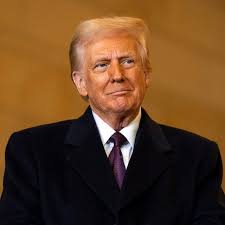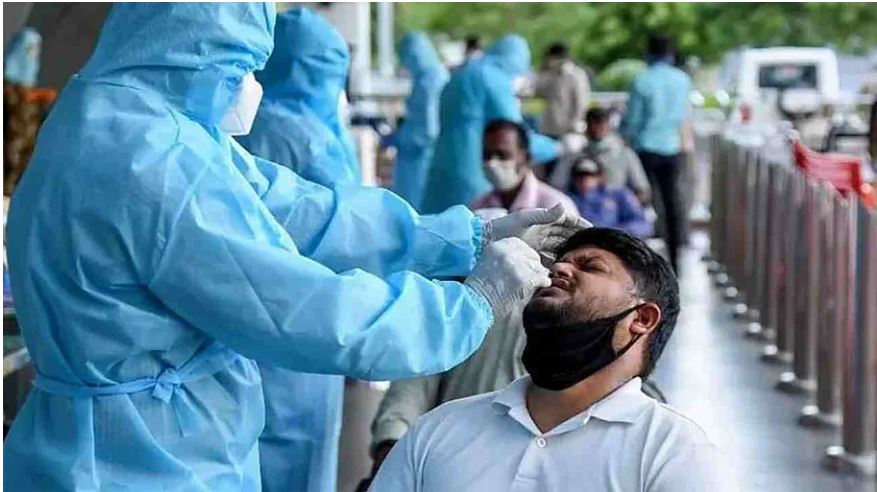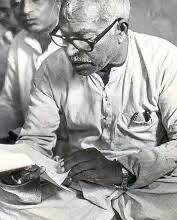A New Twist in the COVID-19 Origin Story: U.S. Research Links Under Scrutiny
( Media Swaraj Desk )
In May 2025, President Donald Trump signed an executive order banning U.S. government funding for certain high-risk virus experiments, known as gain-of-function research. This decision follows growing concerns in the U.S. and abroad that such research—partly funded by American tax dollars and conducted in China—may have played a role in the origins of the COVID-19 pandemic.

But what exactly is this research, and what went wrong under the watch of prominent health officials like Dr. Anthony Fauci, once hailed as “America’s doctor”?
What Is Gain-of-Function Research?
Gain-of-function (GoF) research involves altering viruses in a laboratory to make them more transmissible, infectious, or deadly, in order to study how they might behave in the future. Supporters argue it can help develop vaccines and prepare for pandemics. Critics warn it could accidentally cause the very outbreaks it aims to prevent.
Why the Ban Now?
President Trump’s executive order is driven by three major concerns:
1. Risk of Laboratory Accidents:
Many scientists and lawmakers fear that lab-modified viruses could escape accidentally, especially in countries where safety protocols are less strict.
2. COVID-19 Origin Controversy:

Investigations by U.S. agencies, including the Department of Energyand FBI, have suggested that the COVID-19 virus may have leaked from a lab in Wuhan, China. While other agencies favor a natural origin, the possibility of a lab incident remains open, as noted in a 2023 U.S. intelligence report.
3. Use of U.S. Taxpayer Funds:
A U.S.-based nonprofit, EcoHealth Alliance, received grants from the National Institutes of Health (NIH) to study bat coronaviruses in collaboration with the Wuhan Institute of Virology. According to a 2024 audit by the Department of Health and Human Services, EcoHealth violated grant terms, failed to submit timely reports, and was recently barred from future federal funding. Its president, Dr. Peter Daszak, was debarred for five years.
What Was Dr. Fauci’s Role?

Dr. Anthony Fauci, as Director of the National Institute of Allergy and Infectious Diseases (NIAID), oversaw virus research funding. He approved grants to EcoHealth Alliance and consistently argued that the Wuhan collaboration did not constitute gain-of-function research under NIH definitions. However, lawmakers and some scientists strongly disagreed.
Critics say Fauci:
• Underestimated the risks of modifying viruses,
• Dismissed the lab-leak theory prematurely, and
• Defended and continued funding risky research abroad, even amid growing public concern.
There is no evidence that Dr. Fauci intentionally misled the public, but Congressional investigations have focused on a lack of transparency and insufficient oversight.
Balancing Innovation and Safety
The new executive order now mandates that any federally funded research involving potential pandemic pathogens:
• Must undergo independent safety and ethics reviews,
• Cannot be conducted in foreign labs without strict U.S. oversight, and
• Must provide public access to findings and risk assessments.
House Oversight Chairman James Comer welcomed the move as “a necessary step to protect public health and ensure responsible science.” NIH researcher Dr. Matthew Memoli and others have also called for reforms, saying such high-risk work should only be pursued with full transparency and extreme caution.
Conclusion
Although the origin of COVID-19 is still debated, President Trump’s executive order reflects growing public and political consensus: science must be accountable, especially when the risks are global. The controversy has also reopened important questions about the ethics of research funding, transparency, and international collaboration in science—issues that will shape how the world prepares for the next pandemic.





